

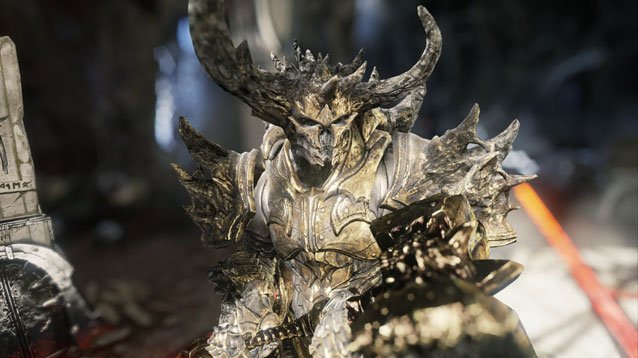
You ask anybody when their first experience of “the next generation” of gaming was, most people can remember the moment vividly. I was 15, hanging out with two of my closest friends from college, and the Xbox 360 was barely two months old. I should point out that at this point in my life, I was still naïve in my affirmation that Sony would still come good with the PlayStation 3, before they announced the £600 price tag and year-long delay to Microsoft’s release and I ran to my nearest GAME to grab my birthday present.
We hung out for what felt like the longest 30 minutes of my life before finally switching on the console, and Perfect Dark Zero booted up. Thus began the first two hours which dictated the next eight years of my life. Many new IPs and sequels of long-dormant franchises flew out of the blocks on the shiny new consoles, some of which are still going strong today, others, sadly, not so much, rest in peace Kameo.
Now that the cat’s finally out the bag for the next generation of gaming, at least for Sony, many video game publishers have begun speaking about their famous games making the leap to PlayStation 4 and Durango. EA is rumoured to be bringing Battlefield 4 to next-gen, Ubisoft has confirmed the recently announced Assassin’s Creed 4: Black Flag for “next-gen platforms” and no doubt we will see a slew of other annual and bi-annual franchises officially announced once Microsoft unveil its new box. While the thought of seeing some of our most beloved series readily available for next-gen is enticing to some, I initially couldn’t help but feel an overwhelming sense of precaution.
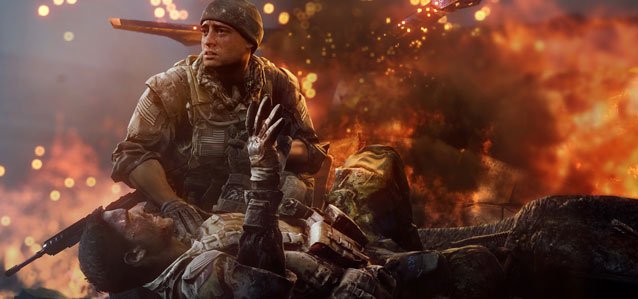
Looking back at the launch library of the Xbox 360 and PS3, sans nostalgia-tinted spectacles, certain games had a certain wax-work feel. FIFA, which has become the dominant annualised sports title all over the world, was once playing second fiddle to Pro Evolution Soccer, and in an attempt to be first out the blocks on next-gen, EA launched FIFA 06: Road to the FIFA World Cup. A bare-to-the-bones game that included players who bore greater similarities to their Madame Tussaud’s counterparts, it felt like a rushed job in order for EA to have a next-generation launch title.
Tony Hawk’s American Wasteland was another glorified PS2/Xbox game on a 360 disc, hardly adorned with the many a-pixel we were promised. This is the problem with annualised franchise’s debuts on new consoles. Many developers are still getting to grips with the new hardware, and when development time is already very limited, and work stretched across multiple platforms, it can be difficult for a team to produce it’s best work straight out the blocks.
The PlayStation 3 was a notoriously difficult console for developers to work with. Thanks to the infamous “ground-breaking” Cell infrastructure, many multiplatform games ran less smoothly for PS3 users. Bayonetta and Lost Planet prime examples, superlative on Xbox 360, nigh-on unplayable on PlayStation 3 thanks to the atrocious frame rate.
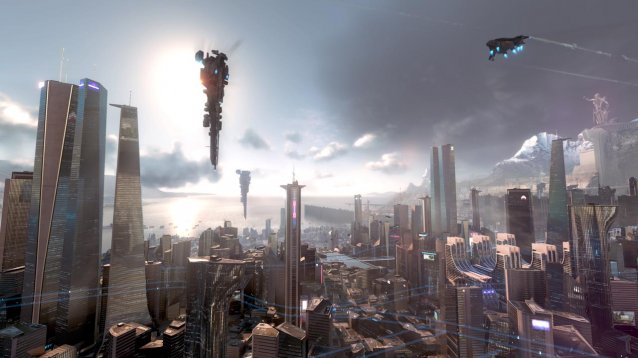
Thankfully, if Sony’s PS4 press conference wasn’t all just smoke-up-the-arse guff and meaningless adjectives and adverbs all centred around its favourite buzz-words, this time it could be different. According to Sony, the PS4 was built with developers in mind. Sony went and asked developers what hardware they would like to see inside the next PlayStation, and the unanimous verdict was something like “Oh for the love of God, make it like a PC!”. Sony duly delivered, and provided a high-powered console with 8GB of RAM and a whole hootenanny of other tech-a-me-bobs (I’m not so great with the PC terminology, but I know it’s good stuff), and developers, one-by-one, during the Apple-style show reel, gushed about how easy the PS4 is to work with.
Then we were shown some tech demoes and in-game footage which looked very promising indeed, but should be taken with a pinch of salt (remember the Killzone 2 demo at E3? Hardly in-game.) . But we can still hold some sense of optimism, developers aren’t working with some brand new hardware underneath the hood, at its core, this is a PC build.
This means that at its core, the PS4 (and most likely, the next Xbox) will allow developers to continue using the tools they have been for years, and make a natural transition to the next-gen. We may not see the giant graphical leap we saw during the last generation-shift, but that doesn’t mean we won’t see some truly spectacular games, and on the plus side, we could see a wider spread of quality titles far earlier in this console cycle.
It’s a very exciting time for gamers, one which only comes around every decade or so, and with the ever approaching shift to “always online, download only” platforms, this may be the very last time we experience a console launch of this magnitude.
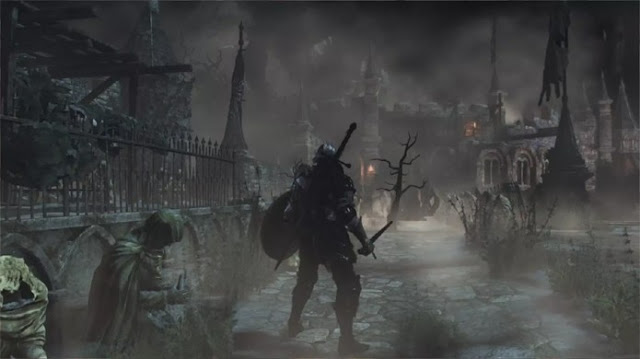

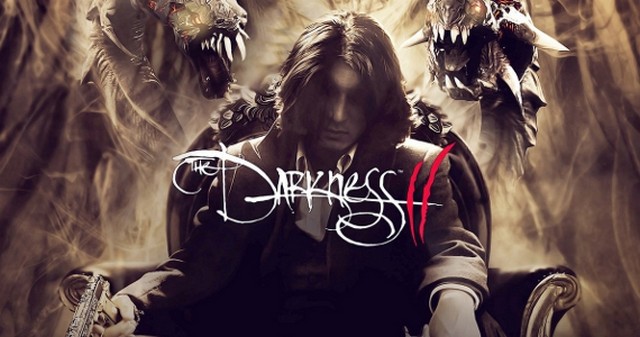
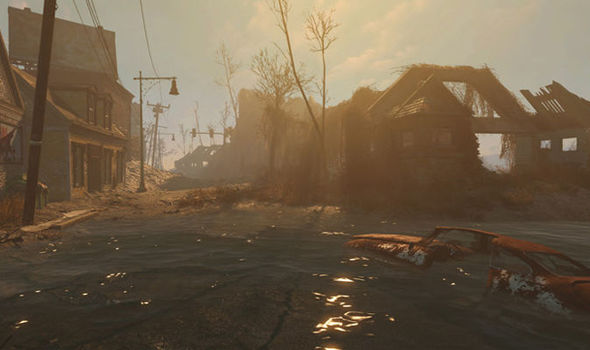
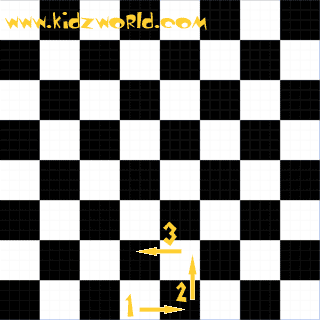 Harry Potter Chess Set Walkthrough
Harry Potter Chess Set Walkthrough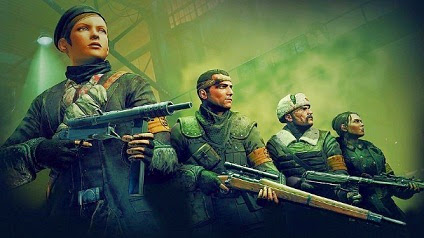 Zombie Army Trilogy: release date revealed - PC, PS4 and Xbox One
Zombie Army Trilogy: release date revealed - PC, PS4 and Xbox One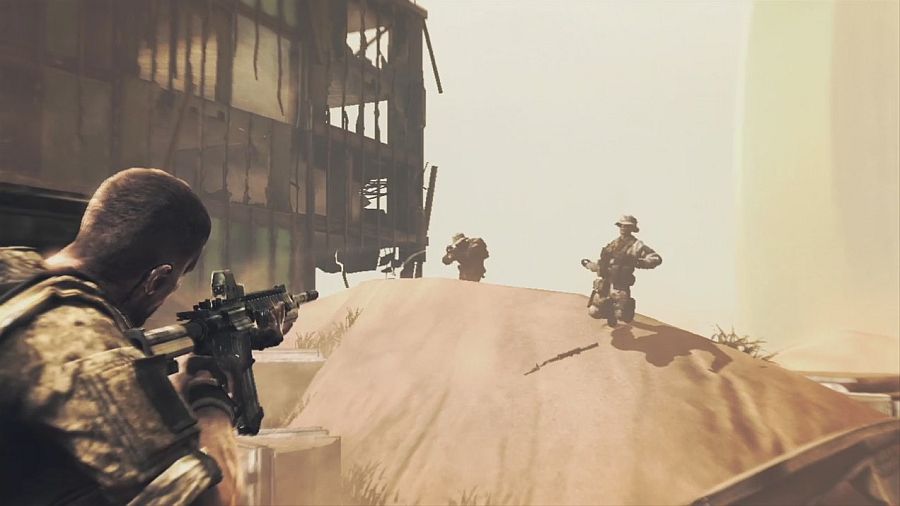 Spec Ops: The Line Tips & Tricks
Spec Ops: The Line Tips & Tricks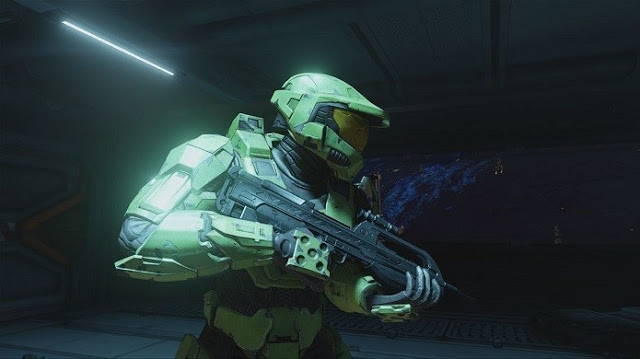 Top 10 remastered games for PS4 / Xbox One - 2015
Top 10 remastered games for PS4 / Xbox One - 2015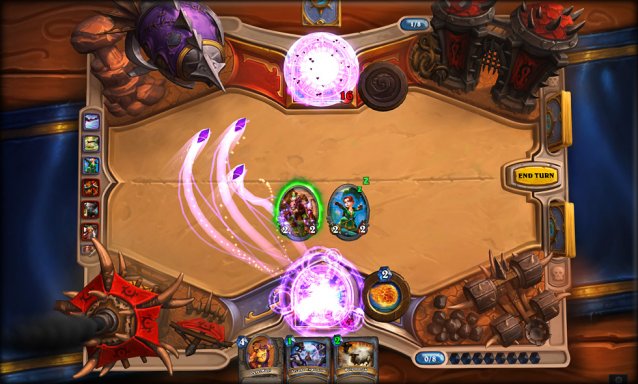 Two Birds with One Hearthstone
Two Birds with One Hearthstone